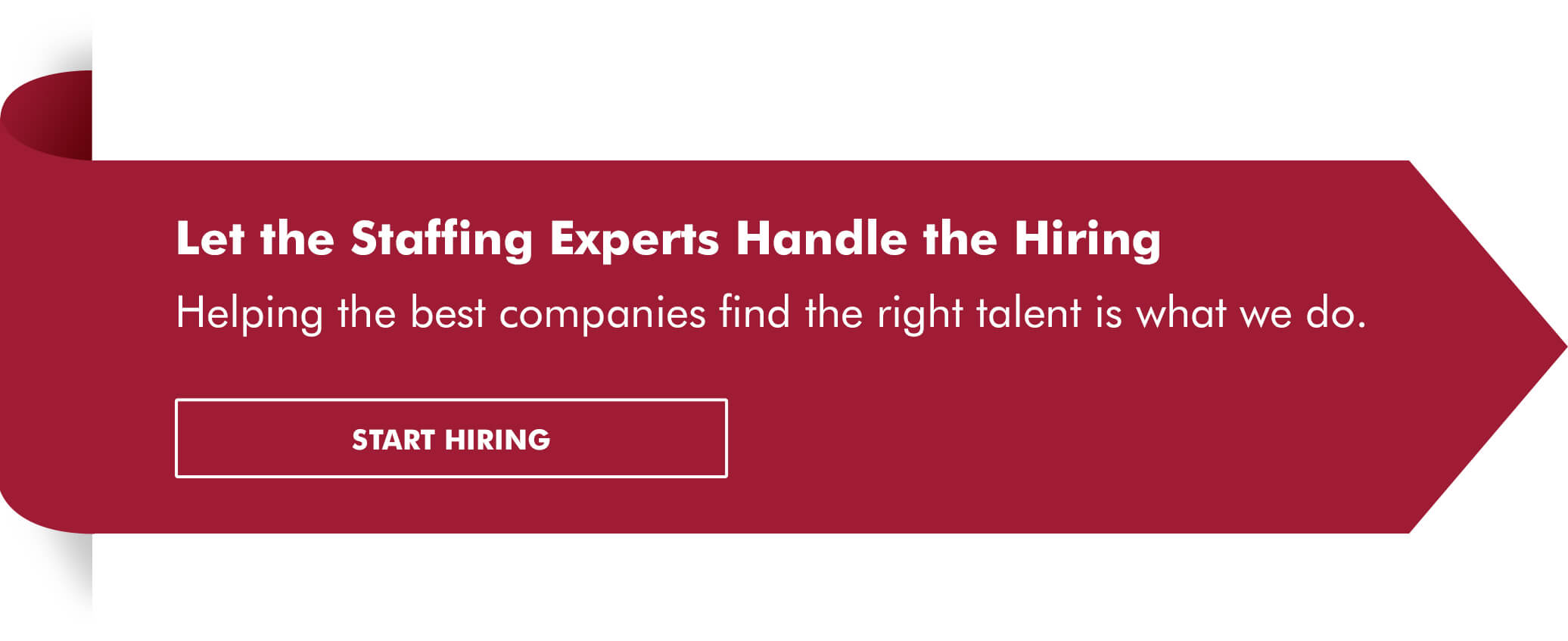Running a large organization requires managing many moving parts and people, which is why finding stellar enterprise resource planning (ERP) analysts is essential. ERP analysts help design, implement and monitor ERP systems, which provide a holistic view of a large company, including its core business processes such as design, material, production, delivery, logistics, human resources (HR) and finance.
ERP systems are critical for centralizing real-time and historical data related to business processes, and they can smooth information flow, ensure accuracy, cut down delays and speed deliveries to customers — and surface business bottlenecks and risks related to key processes.
Making the most of these systems requires companies to hire ERP analysts with coding expertise and project management and problem-solving skills. To help you identify these candidates quickly during the interview process, here are 10 targeted questions to ask:
1. What are examples of some common components found in modern ERP systems?
Every ERP system has a transactional database, management view, data analytics and tools for customized reporting, and workflow management capabilities (for streamlining and automating business processes). HR and supply chain management (SCM) modules are also typical components, as are customer relationship management (CRM) and inventory management.
The candidate might also name secondary tools, depending on their experience using various systems and what type of companies they have worked for previously. For example, some ERP systems include features and add-ons for tasks such as advanced planning (for manufacturing), risk management and event management.
To get more insight into the candidate’s knowledge of the structure and purpose of an ERP system, consider asking them to describe the importance of each module they name. This can also shed light on the potential hire’s aptitude for breaking down complicated topics for nontechnical audiences.
2. What is your background in computer programming?
Building and configuring an ERP system requires a range of programming skills. The core of an ERP is usually built with Java or C++, although PHP or Ruby may also play a role in the setup. Python has also been gaining popularity as a programming language for ERP software development.
Some systems have their own high-level proprietary language. If you’re working with an SAP setup, for example, your analyst will need to know ABAP (Advanced Business Application Programming), while for Oracle, they may need experience with JD Edwards EnterpriseOne.
Also, all ERPs will have a relational database that can be queried with SQL.
3. Do you have experience working with artificial intelligence (AI) and machine learning?
Finding an ERP analyst with AI and/or machine learning skills is a huge plus, as these technologies are often being built into ERP systems and integrated into critical business processes.
Transformative technologies like robotic process automation are becoming more sophisticated, removing a lot of manual intervention from workflow processes. Likewise, Internet of Things systems are creating massive volumes of data related to areas like logistics and manufacturing. As much of this information passes through the ERP, AI and machine learning are required to analyze and react to the incoming data.
4. Tell me about a successful ERP implementation you worked on.
Obviously, you want to know if the ERP analyst you hire could hit the ground running on day one. Asking a candidate directly about their work on previous implementations can help provide that insight. Have they been instrumental in helping to move projects forward, or has their role to date been minimal?
Also, listen for details about how the candidate approached analyzing a problem or addressing a specific need for a company, and how they communicated with key stakeholders as they designed, tested and implemented the solution.
5. Explain how you addressed the integration of discrete ERP modules and other software platforms for an ERP project?
ERP analysts use interfaces to integrate ERP modules and software platforms across a company. This is a highly technical process that can involve configuring third-party APIs (application programming interfaces) or creating unique interfaces from scratch. This question will provide insight into a candidate’s technical abilities.
6. What are data dictionaries, and why are they important?
Data dictionaries are collections of metadata (names, definitions, and attributes) related to data elements that databases or information systems use or capture. For instance, if your ERP system stores details about job candidates, each record might contain the names and addresses of those candidates as text strings and their phone numbers as numerical values.
Data dictionaries are important for cross-functional projects like an ERP implementation as they help to enable a more seamless integration of business processes. Data dictionaries tell users exactly how to input data, even if they’re not familiar with the system. They also help development teams agree on data requirements with business units.
7. How have you handled conflicting requests from different functional areas?
From an ERP standpoint, an organization has up to five main functional areas: finance, management accounting, manufacturing, logistics and HR. These functional areas often disagree, catching ERP analysts in the middle.
That is one more reason ERP analysts need to be excellent communicators, and why having deep experience in project management and change management is so valuable. Look for candidates who can provide real-world examples of times when they’ve balanced conflicting requests on ERP projects to help find a compromise.
8. How can an ERP analyst improve the speed of an implementation?
SAP ASAP (Accelerated SAP) is a well-known and widely used methodology for bringing ERP projects live. While ASAP was developed by SAP, the approach is platform-agnostic and will run on any operating system.
There are five key steps, which cover the entire project life cycle:
- Project preparation
- Business blueprint
- Realization
- Final preparation
- Go-live and support
Most ERP analysts will have used some version of this methodology in the past, and they should be able to provide examples of those experiences. If candidates mention that they have used agile or DevOps for ERP implementations, press them for more details about their successes and failures, as these approaches can be challenging.
9. Tell me about your experience with ERP training programs.
Training is one of the most critical aspects of change management projects like ERP implementations. Users need to know how to navigate the new system, including how to access it securely and work with data appropriately. They also need to understand how updated functions can make their jobs easier.
Asking ERP analyst candidates to describe how they have helped train users can help you further evaluate the strength of their soft skills — especially communication, empathy and teamwork. Also, find out if the candidate has experience training people who work remotely, as virtual training can be challenging.
10. Have you ever had trouble bringing a project in, at or under budget?
ERP deployments and upgrades are complex undertakings that can be very expensive, with costs that easily surpass initial estimates. For example, the project manager may find after the project starts that the business needs to invest in additional modules, develop bespoke interfaces or scale up the use of cloud services.
This ERP analyst interview question about budgets helps establish whether candidates understand how technical decisions can have financial consequences. Awareness of these matters is especially pertinent if new hires will have project management duties.
A closing tip for hiring managers: In-demand ERP professionals know they have multiple opportunities in the current market. They expect a compelling compensation package, and they will not wait for a company that takes too long to hire. So, before you launch your search for an ERP analyst sure to consult the Robert Half Salary Guide to ensure you are offering a competitive ERP analyst salary. And when you find a standout candidate, move quickly to hire them.








